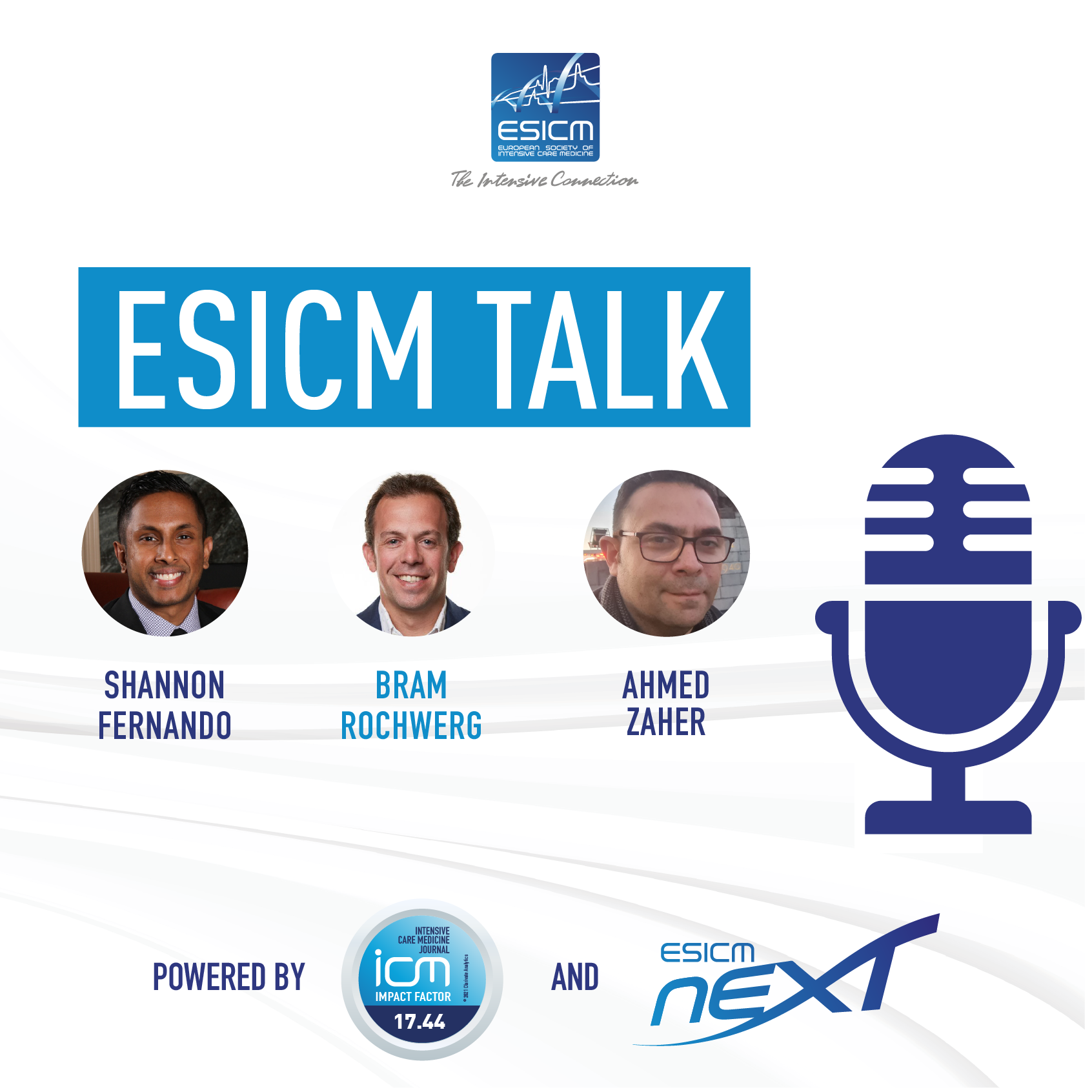Non-invasive respiratory support following extubation in critically ill adults

An ESICM Talk powered by the ICM Journal and NEXT
Clinicians use noninvasive respiratory support interventions in the post-extubation period to mitigate the risk of extubation failure. These interventions [noninvasive positive pressure ventilation (NIPPV) and high-flow nasal cannula (HFNC)] have been shown to be efficacious in preventing initial intubation in patients with hypoxemic respiratory failure, but their efficacy in preventing post-extubation respiratory failure and reintubation is less clear.
A systematic review and network meta-analysis of randomised controlled trials (RCTs) to evaluate the relative efficacy of conventional oxygen therapy, NIPPV, HFNC, and the strategy of alternating NIPPV and HFNC during the post-extubation period in reducing extubation failure and short-term mortality among critically ill adults, was conducted. We have interviewed Dr Fernando and Dr Rochwerg to explain these study findings.